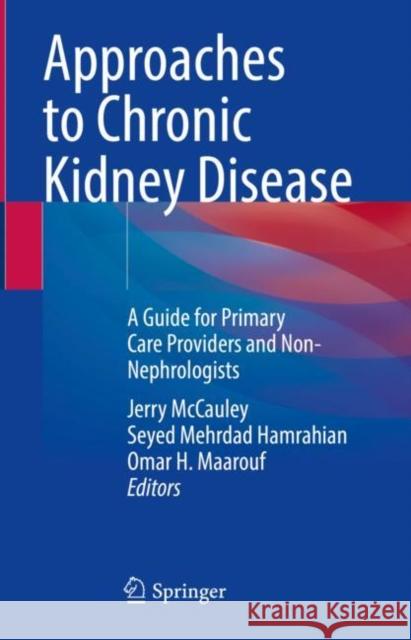Approaches to Chronic Kidney Disease: A Guide for Primary Care Providers and Non-Nephrologists » książka
topmenu
Approaches to Chronic Kidney Disease: A Guide for Primary Care Providers and Non-Nephrologists
ISBN-13: 9783030830816 / Angielski / Twarda / 2021 / 425 str.
Approaches to Chronic Kidney Disease: A Guide for Primary Care Providers and Non-Nephrologists
ISBN-13: 9783030830816 / Angielski / Twarda / 2021 / 425 str.
cena 563,56
(netto: 536,72 VAT: 5%)
Najniższa cena z 30 dni: 539,74
(netto: 536,72 VAT: 5%)
Najniższa cena z 30 dni: 539,74
Termin realizacji zamówienia:
ok. 16-18 dni roboczych.
ok. 16-18 dni roboczych.
Darmowa dostawa!
Kategorie BISAC:
Wydawca:
Springer
Język:
Angielski
ISBN-13:
9783030830816
Rok wydania:
2021
Wydanie:
2022
Ilość stron:
425
Waga:
0.90 kg
Wymiary:
23.88 x 20.32 x 2.54
Oprawa:
Twarda
Wolumenów:
01











